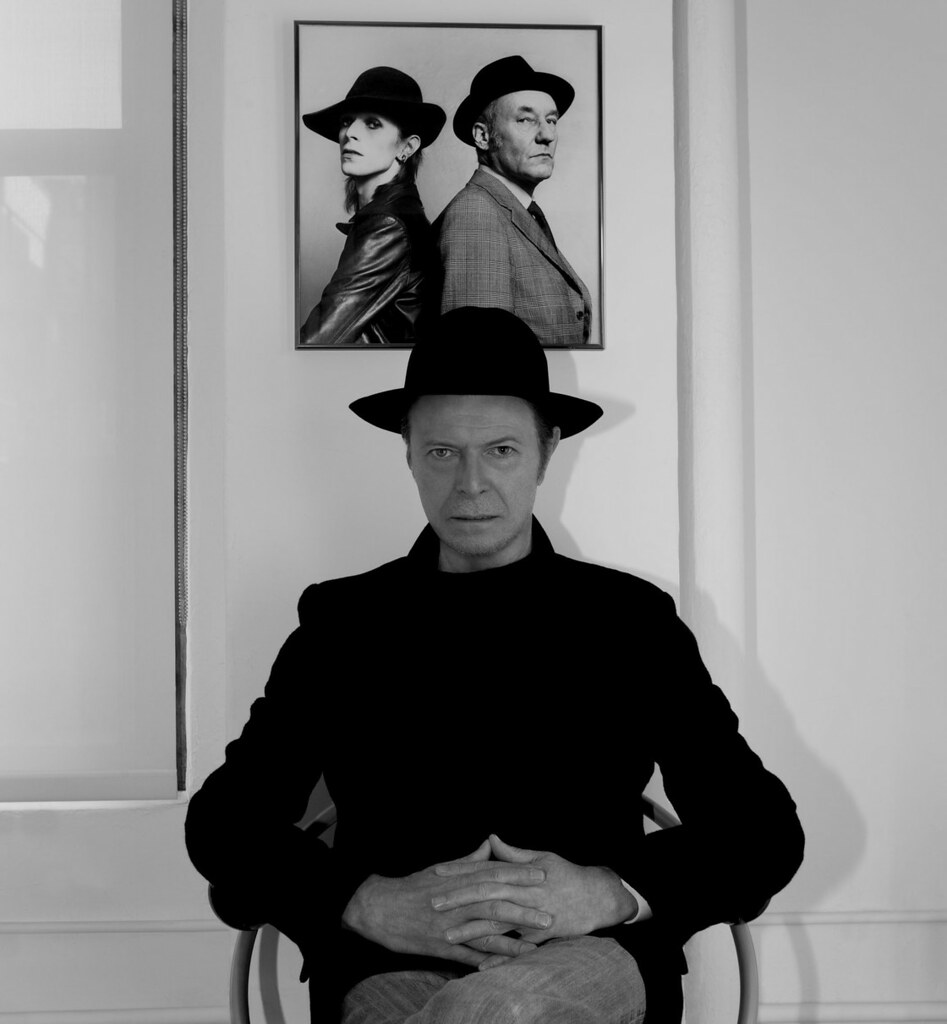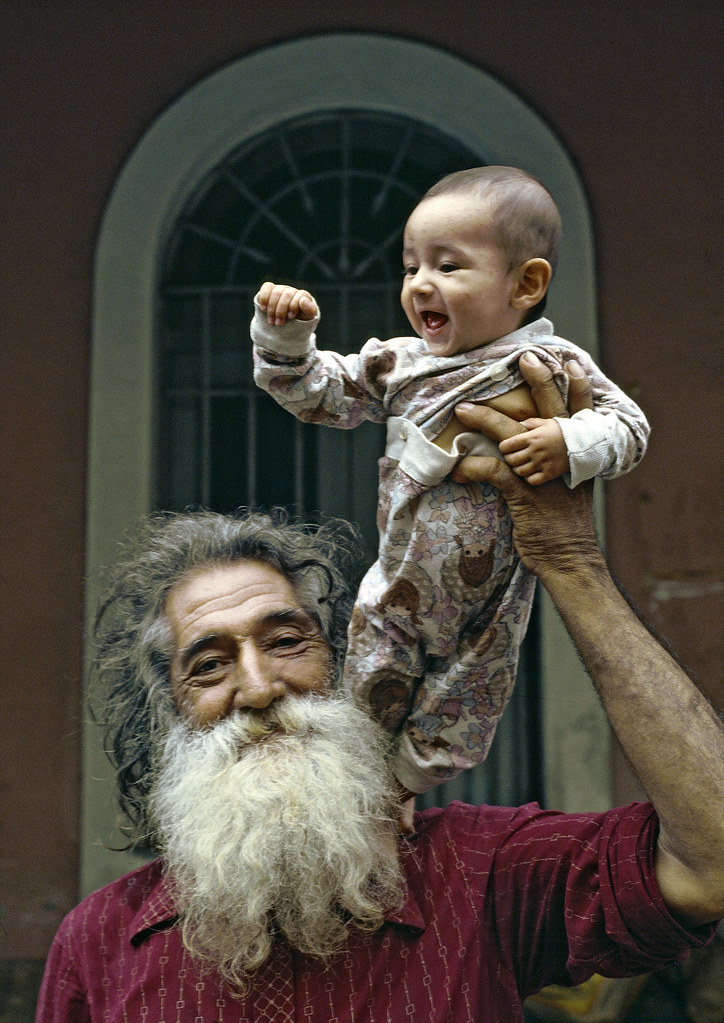THE AGEING IMPROVISER
Expiry Date - all things end
This age of improvisation has existed for a relatively short time. Spolin and Johnstone let the beast loose in classrooms and on stage starting around the mid 1900’s.
The earliest recognized improvisation practitioners – the Atellan Farce in Rome around 391 BC – have long passed and those who performed Commedia Dell’arte faded away in the late 1700’s.
Spolin died in 1994. Johnstone died 2023.
Time passes. We flourish for a blip in time and fade away.
The question I’m interested in is HOW do we age as improvisers while we are here?
I’ve been improvising for about 40 years. The hair is greyer and the mind is calmer and those who I grew up improvising with have children who replace their parent’s in the spotlight as some of those mature improvisers have left the stage for the last time.
Undeniably, there’s a youthful elixir in the spirit of improvisation that keeps the soul young but the physical improvisers aren’t climbing into the rafters like they used to and social changes alter the risk taking styles of others. Many ageing improvisers “mellow” while others cling to old characters and ideas that should have been freed from tired repetition long ago.
Here are observations that you might relate to or that you might look forward to experiencing as an ageing Improviser..
5 CHANGES FOR THE AGEING IMPROVISER


Owning your Character
1 - Characters
While watching 50 year old Jerry Lewis playing one of his early characters from when he was 20, I realized that characters are like clothing. Eventually, they don’t fit well and they look wrong when we try to wear them.
At 19 years old my favourite character to play was a misbehaving young child – innocent and precocious. That character gave way to an older man – cranky and precocious.
Some characters we grow into. Some characters we might never truly embody. And some characters age with us gracefully until the moment where they just don’t fit.
It can be a sad moment but some characters should be gracefully retired, possibly living on as inspiration in the memory of a new character that reflects the performer more authentically.
I’m not saying that you can’t or shouldn’t play any character you want. BUT… you MIGHT want to allow some of your personas to gracefully walk away from the stage over time.
LOUD, QUIET, COMEDY, DRAMA
2 - Style
Jim Carrey evolved with his core beliefs. He gave up the elastic face for an expression of inner values. David Bowie remained relevant because his style evolved, cutting away what he no longer was and embracing what he was becoming. Like her or not, Madonna’s career was filled with re-invention that made her iconic.
Styles change. The brave will embrace their growth and express themselves in the new ways that best reflect who they are.
What stands in the way of change in style?
Fear.
Walking forward – away from what worked before seems counterintuitive and scary. The alternative to this growth however, is to stick with something that is no longer inspiring or relevant for you. You become a caricature or shadow of any success you had and you miss the opportunity to grow.
It’s a crazy thing to think that improvisers known for fearless, adapting minds can be so reluctant to move on to different places in their performance style because they fear they might not be as good, or others won’t like their new identity.




What you say matures
3 - CONTENT
An improviser’s connection to personal truth should play a big part in the type of shows they want to be part of. Without that connection the work is… work.
Improvisers who become parents often bring the child into their work. The relevant stories in their lives are inspired by the current reality.
Harald Eia was considered one of Norway’s best improvisers for decades. His content has gone from absurd performances about “what makes a Meth Addict laugh” to a television show called Hjernevask (“Brainwash”) which “contrasted cultural determinist models of human behavior”. That’s a big switch in content.
When I first became aware of cheeky Craig Ferguson, he was doing light comedy on network TV, eventually evolving into an improviser, comedian, late night talk show interviewer whose content grew deeper over the years.
When his father died, he told his audience he didn’t feel like being the clown that night. He talked poignantly about his father’s life and passing. There was humour in the memories but the vulnerability of the content was as mature as much of his previous shows were irreverent and fluff.
And then there was the night that Ferguson chose to lock the audience out of the show. He said he wanted a good sit down conversation with Stephen Fry. It was a switch in style and content that was a refreshing cold shower. Entertainment Weekly said, “They just talked. It was one of the best hours of TV I’ve seen in a while.”
You might lose some audience members who want the earlier version of you but, if your content is presented authentically and with passion, your new audience will love the content as much as you do
We will move on... it's inevitable. But, When?
4 - Hanging On or letting Go
We can all picture the ageing comedian who is no longer relevant or just isn’t funny anymore because they hang on to their old “schtick”. In fact they risk their reputation by clinging to the way it was. Chevy Chase and Jerry Lewis (at the sunset of his career) come to mind. I know I’ll get some flack for saying that but seriously look at their work.
There are reasons to let go. The ego can deafen those reasons in favour of blindly remembering the past successes.
In 2024, those who had an eye on American politics saw an ageing Joe Biden reluctantly let go of his attempt to reclaim the presidency. He tried to convince everyone (and himself) that he could run on stage and upstairs without falling. He fought unconvincingly to debate his political opponent. Luckily, he stepped back from the race that was decidedly going to end poorly for him and those who relied on him.
Ageing Roger Moore let the character of James Bond pass into the hands of Timothy Dalton who coincidentally turned down the role at 21 because he thought he was too young to play the character.
It’s not ageist to say that the effects of aging have an impact. And it’s not wrong to ask yourself when should the impact of your age alter your choices.
Jim Sweeney, Improviser at the Comedy Store Players in London, developed Multiple Sclerosis, in his thirties. He continued performing as one of the core players over the decades. I saw him brilliantly improvising in the early 200o’s. when he was 50. His wit was sharp and the slight shaking in his limbs had little effect on his work. Years later I saw him and he fell off the stage. The cast helped him back on stage without missing a beat. This had happened before.
The final time I saw him, he was as bright as possible but he had to be helped on stage and was always seated. Age and the cumulative effects of MS had decided for him that it was time to move on.
And he did. And THEN He created an award winning show at the Edinburgh Fringe festival and improvised comedy shows on the BBC.
We can Hang On… but we should know we will have to move on eventually. It doesn’t mean giving up. It just means growing into a new reality.




What you say matures
5 - The UPSIDE - DOWNSIDE
It’s not all good. It’s not all bad.
UPSIDE – Ageing improvisers have rich life experience. They have a wealth of story to draw from giving them the edge over the 16 year old student.
Onstage with 80 year old Sharon, she’s making some crazy offers. She tells me after the show that everything she said on stage came from her real life with her ex husband. Truth proved stranger than fiction.
UPSIDE – More senior improvisers care less about impressing others than an inexperienced newcomer who wants to prove themself to their peers and the audience. This frees the older improviser up from fear filled behaviour.
DOWNSIDE – As with skills, memory and responses slow down. There can be frustration that things aren’t going as well as they once did. Some of my favourite improvisers have hung up their funny bits prematurely however, denying inspiration to those who could benefit by their age earned experience. Even as a now slower improviser, they are still the best improviser on stage.
DOWNSIDE – Age is sometimes given misguided respect. Speaking from experience, as I “ripen”, “Mature”, “age”, the younger performers give me too much latitude in scenes. They are tentative to call me out on my mistakes and bullshit. Worse, they fail to stand up to my character if I make the choice to be the villain. Don’t smile and nod when I rob the bank. DEFEAT ME!!!
send your feedback & thoughts
admin@theimprovisationschool.com







4 Comments
Chris Wells · January 31, 2025 at 8:39 pm
This was a lovely collection of thoughts on aging in improv, Shawn! You articulated several things on my mind as I continue decades of improvisation. Thanks!
ShawnKinley · February 1, 2025 at 12:32 am
Hey Chris. Thanks for the kind note. Of course, ageing has no effect on the time defying being that you are, with that ever-youthful dynamic presence!!!
Cynthia Ann Morgan · April 21, 2025 at 9:05 am
Thank you for the post on older improvisors. I’m 75 yo and just started improvising 3 years ago. I love it! It’s keeping my brain sharp and I get to have fun with a youthful community. I’ve learned to manage my energy so I can participate in most improv activities (you won’t see me crawling around on the floor!)
ShawnKinley · August 5, 2025 at 9:06 pm
Hello Cynthia!
Sorry for the slow reply. I hope your impro journey continues to be rewarding and I agree that it is a fantastic tool to keep the brain sharp. Sure there may not be as much rolling around on the floor BUT the life experience you bring to the work is something that many others don’t have. In our group we have an 80 year old woman who constantly amazes us with the details in the scenes and later she tells us that the details were from Her real life. No need to make an interesting character when the truth is so much more fascinating. Keep improvising, Looking forward to hearing how your adventure progresses.